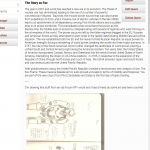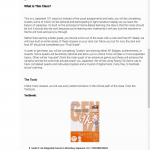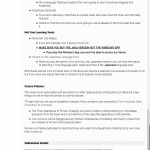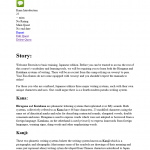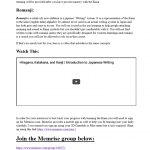The material contained in this portfolio is Copyright © 2019 Alexander Pereira
121st Mechanized Ranger Training Battalion – Japanese 101 Course
A Quest-Based Learning Course
Quest-Based Learning is style of course and curriculum development designed to tap into the engagement and reward tricks of game theory and game mechanics. As a pedagogical approach, QBL is intended to provide students with a greater degree of personal choice and individual engagement with curriculum by allowing them to specialize along specific quest-lines that their peers may not find or may avoid. Students earn ‘experience points’ (XP) instead of grades, inverting the traditional grading structure of starting at 100% and losing point.
QBL courses are strongest when designed like an adventure game, utilizing both narrative and ‘mechanical’ reward to keep ‘players’ (students) motivated and engaged. In this project, I created a QBL Japanese 101 course, utilizing webtools and a single subject matter expert.
Below the Video Showcase, I will highlight key artifacts from the course to demonstrate my process. The video below demonstrates it best though.
The Tools Used:
- Rezzly/3D GameLab is a free-for-students web-based learning system. This entire class is backboned by this systems
- Memrise is a free language learning app/website that this course uses primarily for the learning/memorization of Katakana and Hiragana
- Minecraft forms the anchor of the web-based immersion learning tools.
- Influent w/ Japanese Language Pack is a vocabulary building game
- Genki I: An Integrated Course in Elementary Japanese 2nd Edition
- This formed the backbone of my language learning material but I plan to phase it out in the next iteration of this project
QBL Video Showcase:
“Physical” Showcase
The Course Map
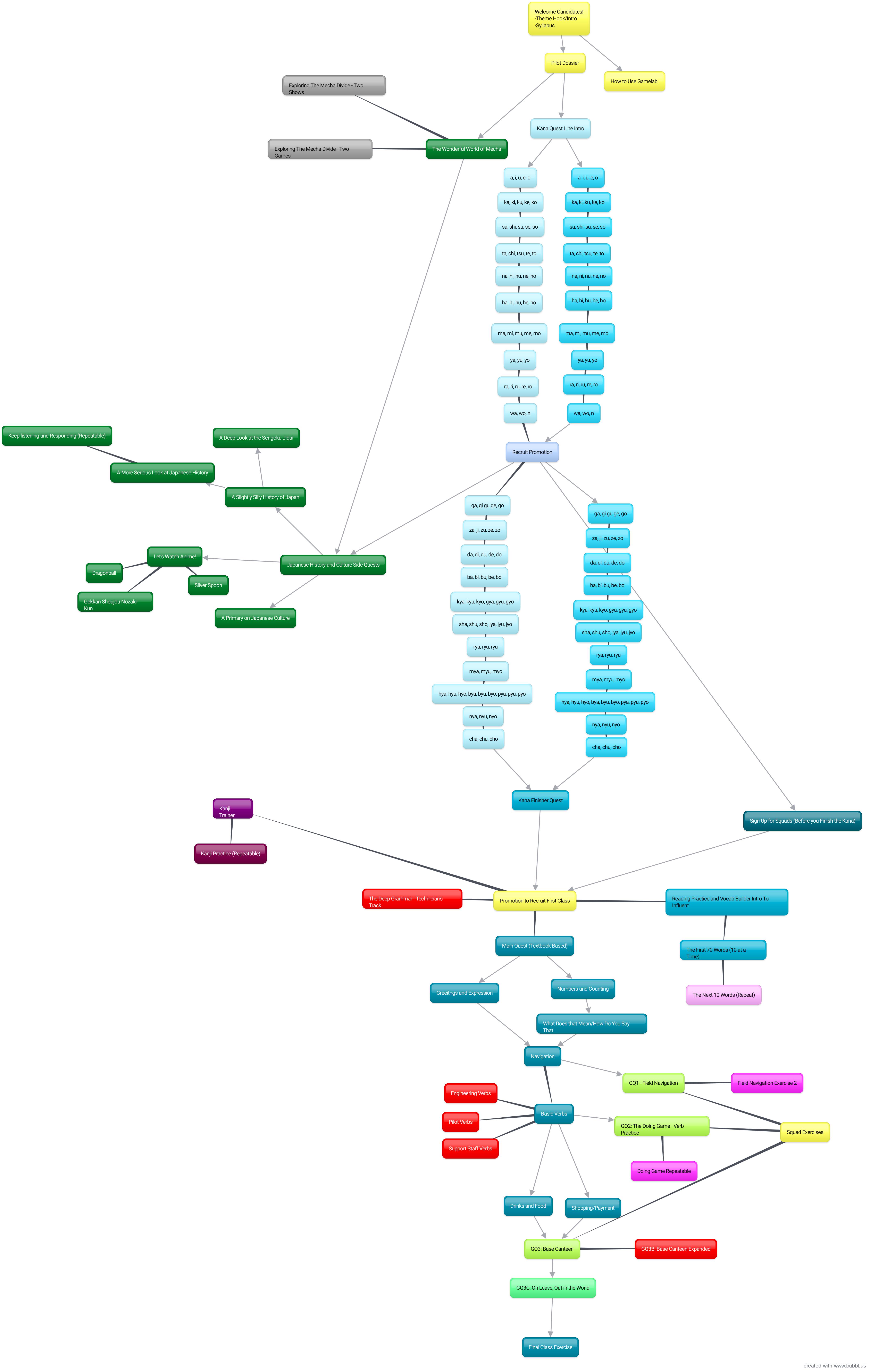
As you can see, this Japanese 101 course is quite complicated in design. Deliberately designed in a manner similar to chose-your-own-adventure structures this course allows students a limited degree of autonomy while still requiring them to learn core concepts.
In blue and light green you can see the ‘critical path’, or the requiring quests that students will be expected to complete in order to advance. These are primarily Hiragana and Katakana checkpoints and vocabulary and speaking lessons that students must know before moving forward. This course, being a 101, is very heavy on the critical path quests but the plan would be as students advanced in level, the subsequent courses would leave the idea of a critical path largely behind.
Yellow Quests are largely non-education related projects, setting up requirements or basic tutorials on how to use tools.
In grey, dark green, pink and purple are the ‘side quests’, optional activities that students can undertake to earn awards, achievements and additional XP that will unlock more abilities. These quests are a mixture of fun — Let’s Watch Anime! –, ancillary knowledge — A Slightly Silly History of Japan –, and ‘serious’ work-ahead — Kanji Trainer –. The intention with these quests is to provide opportunities for students to remain engaged with class while not engaging in the ‘critical path’ quests. Students can remain active participants while enjoying a silly activity or work ahead, building skills that will be useful in future classes. These quests allow students with varying learning and gameplay preferences the ability to make positive progress in their own way.
Some Quest Examples:
Introduction/Syllabus:
Introduction to Kana:
Field Navigation Exercise:
Roadmap/Planning Sheet:
121st MRB Jap 101 3D GameLab Group Planning Roadmap
Workshop on Dungoneering:
This project gave use the limitations of planning for an activity that took no more than 3 hours to run, either in a block or in multiple smaller time chunks. We were supposed to develop a full Instructional Design Plan/Document including Needs Assessments and Evaluation Material.
Workshop on Dungeoneering Final – This is the Actual Design Document
Dungeon Building Workshop Needs Assessment (Responses) – This is the Results of the Needs Survey I conducted.
Sur La Table Work
All Sur La Table material is Copyrighted by Sur La Table
Sways
| Valrhona Portfolio | |
| Valrhona was founded in 1922 by Pastry Chef Albéric Guironnet in Tain L’Hermitage inz the Rhone Valley of France. Started by Pastry Chef Albéric Guironnet for pastry chefs, Valrhona has alwa… | |
|
